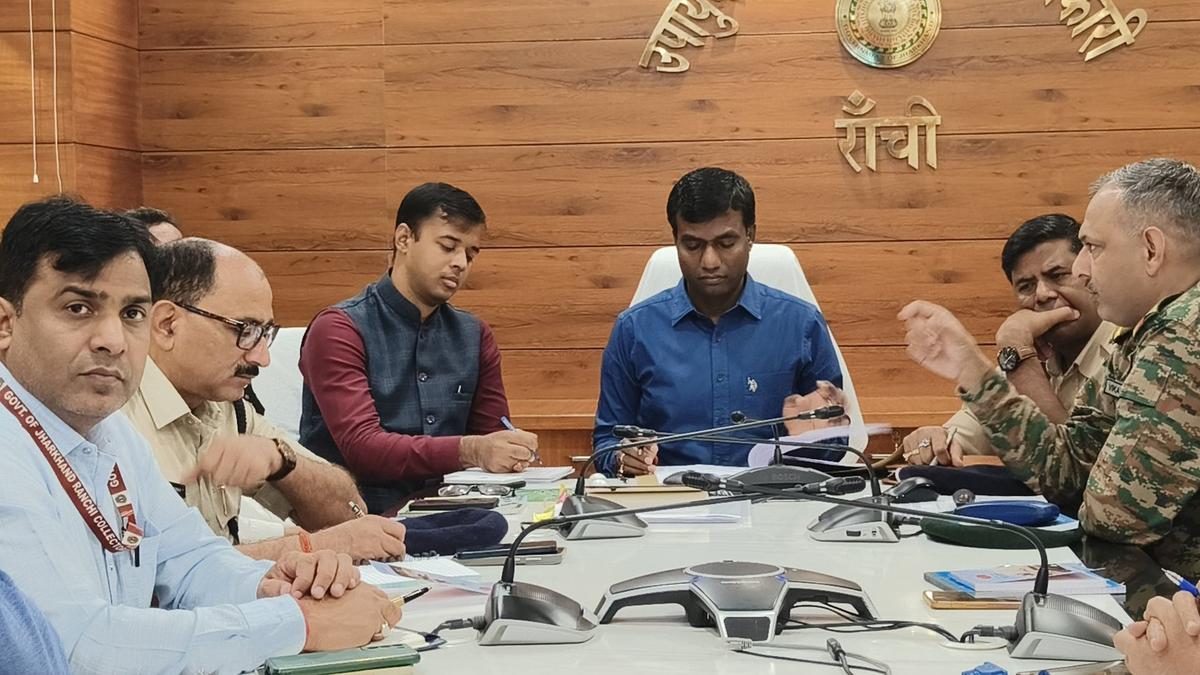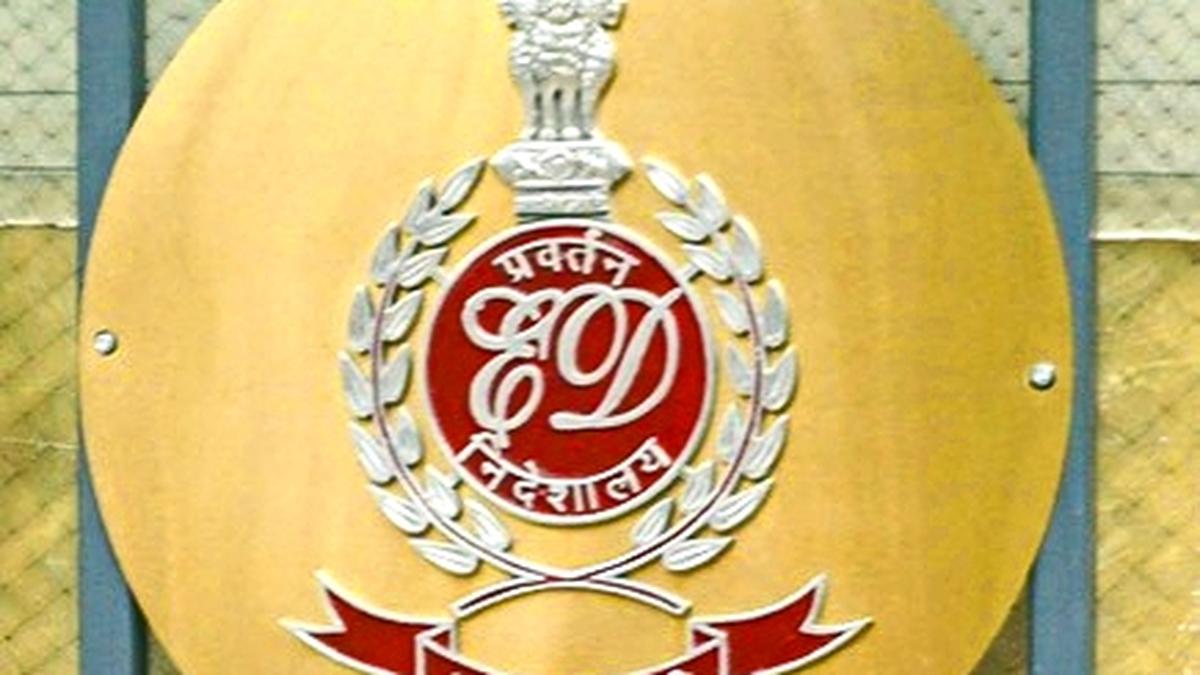ARTICLE AD BOX
The Madhya Pradesh High Court has quashed criminal proceedings against Bollywood film editor Dilip Deo, observing that the FIR against him was a sham lodged with mala fide intention to recover money.
Deo, known for his work in the historical epic ‘Jodhaa Akbar’ and Salman Khan-starrer ‘Wanted’, was arrested by the Ujjain police after an FIR was lodged on January 5, 2016. This came after he was accused of criminal intimidation and fraud related to a film promotion agreement gone wrong.
His arrest had created controversy after the Ujjain police arrested him in Mumbai, allegedly without informing the local police. Deo was allegedly lured by the Madhya Pradesh Police team under the pretext of a film editing contract and taken into custody in a private car.
The Mumbai Police alleged that Deo was taken to his residence in Goregaon West, where his wife was asked to sign a check of Rs 10 lakh under the insistence of the Madhya Pradesh Police team, court documents revealed.
The Ujjain police later initiated departmental proceedings against Sub-Inspector Ramnath Bharti, Head Constable Narayan Singh and Constable Nanuram, who had gone to Mumbai to make the arrest.
Justice Subodh Abhyankar concluded that the FIR “had all the trappings of a civil dispute” and ordered the state to pay “an exemplary cost of Rs 5 lakh for all the suffering caused to the petitioner, to be paid by the State to the petitioner within a period of one month from the date of receipt of this order, with a further liberty to the State to recover the same from the delinquent police officers and the complainant (who accused Deo of intimidation and fraud) in accordance with law.”
The court found serious irregularities in the case registration itself. Justice Abhyankar observed that “on the face of it, it appears to be a sham FIR” because it was filed under section 66A of the Information Technology Act, 2000, which “was struck down by the Supreme Court in 2015 in the case of Shreya Singhal v Union of India”.
Story continues below this ad
The court also noted that section 507 of the IPC would not apply since “the calls, as alleged by the complainant, were not made by anonymous callers but specifically named accused persons”.
The court highlighted that despite the serious allegations, “in the FIR, there is no reference of any amount which the complainant had given to the accused persons”, and surprisingly, “in the text of the final report under section 507, 506B, 406, 420 and 34 of the Indian Penal Code, 1860, also, there is absolutely no reference of any amount having been given by the complainant to the accused persons or specifically to the petitioner.”
Adding to the irregularities, the court noted that “the Ujjain police had also obtained a cheque of Rs 10 lakh from the petitioner’s wife at the time of his arrest in Mumbai”, raising questions about the conduct of the investigation.
The case led to a departmental inquiry against Inspector R K Singh, the then Station House Officer of Birlagram, Nagda, for “sending of a team without permission to Mumbai for the purposes of investigation and to arrest the accused persons”.
Story continues below this ad
The Additional Director General and Inspector General of Ujjain Zone, in a final order dated May 5, 2017, found Singh’s reply unsatisfactory and “one increment has been withheld with cumulative effect”.
Deo argued in court that he was being persecuted in a false case that was “purely a civil dispute”, noting that both the Mumbai Police and Ujjain police had given him a clean chit. He also referenced a Human Rights Commission order dated October 16, 2017, which directed the concerned police station to pay Rs 25,000 as interim relief to his wife for harassment — an amount that had already been paid.
The petitioner claimed he “suffered irreparably on account of the mala-fide exercise of the powers of the police personnel” as people began avoiding him and stopped engaging his services after the FIR was lodged, leaving him in a “hand to mouth situation”.



.png)
.png)
.png)
























 English (US) ·
English (US) ·